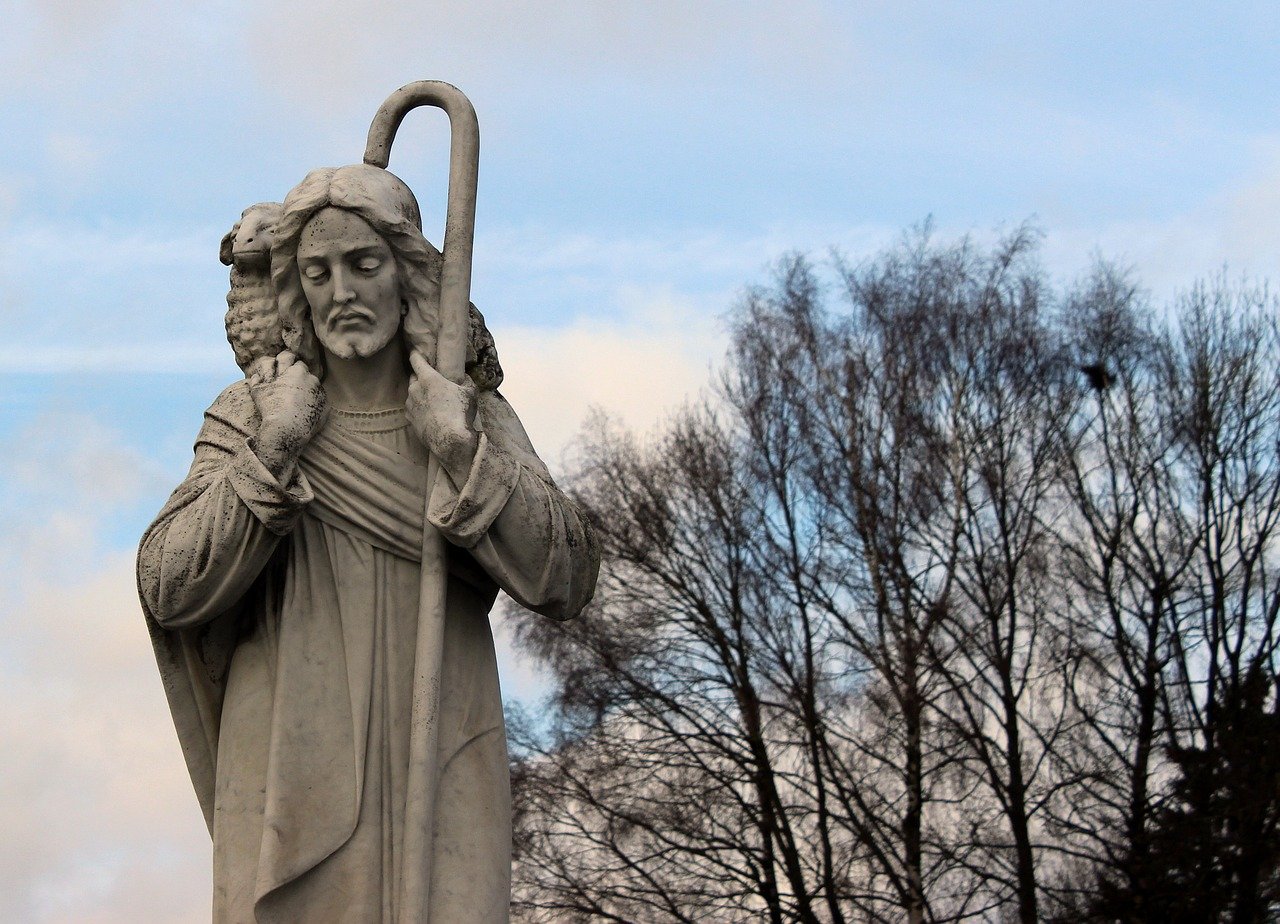The Peace of Being Blameless

How often we want to hold God responsible for our predicaments that have actually been caused by our own sins. Yet He’s not the One Who’s to blame simply because He gave us the power of choice, and we then decided to head in a dishonorable direction. It doesn’t matter how clever a defense we make—a silent, blameless life has more power to win the argument.
If we’ve been sanctified by the power of the God of peace, then we have nothing to hide, and our life will be blameless before Him.
In and of ourselves, we can’t be any of the things God says we must be. So, is it possible to be blameless before God in our own life? The Apostle Paul says it is, because we’re made blameless in Jesus by being sanctified (set apart to serve God) by Him. That’s His glorious work in our life. But some are so caught up with trying to be blameless before other people that they actually end up deserving blame from God! Merely thinking or praying about it won’t make us blameless. Only being sanctified—the royal work of God’s grace—will do it. If we’ve been sanctified by the power of the God of peace, then we have nothing to hide, and our life will be blameless before Him. And if we have His peace, and the God of peace Himself, then we are wholly sanctified.

“Wherefore, beloved, seeing that ye look for such things, be diligent that ye may be found of Him in peace, without spot, and blameless” (2 Peter 3:14). We should “be diligent” in using every means and influence of grace to “…be found of Him,” meaning Jesus—the Judge of the quick and the dead. “Without spot” means any corruption of sin in our souls. “Blameless” pertains to leading a useful, holy, innocent life. The early Christians referred to corrupt Christians as “spots and blemishes”. True Christians need to keep themselves “without spot or blemish.” We should strive to be found in peace with our great Judge in the end, by trying to be “without spot and blemish” in this life—only made possible through His grace.
It wasn’t that Paul thought they could be kept from sinning entirely in thought, word or deed. He wanted them to be preserved in their personal integrity and purity from life’s great wickedness, and protected from finally and totally falling away from God.
“…the very God of peace sanctify you wholly; and I pray God your whole spirit and soul and body be preserved blameless unto the coming of our Lord Jesus Christ. Faithful [is] He that calleth you, Who will also do [it]” (1 Thessalonians 5:23-24). Since the One who calls us is faithful, we know He’ll accomplish His purpose. To “…be preserved blameless unto the coming of…Christ…” means being preserved for God’s heavenly kingdom. “And the Lord shall deliver me from every evil work, and will preserve me unto His heavenly kingdom: to whom be glory for ever and ever” (2 Timothy 4:18). It wasn’t that Paul thought they could be kept from sinning entirely in thought, word or deed. He wanted them to be preserved in their personal integrity and purity from life’s great wickedness, and protected from finally and totally falling away from God.
God’s work of grace would then be completed in our soul and spirit at last, and our body will be raised in incorruption and glory. The word blameless implies that a just uncovering will be made of people at that day, and some will deserve blame and others will not. Fault is never with God, but always with man. All who are maintained to that point will be maintained to the end and found blameless. Their whole self—spirit, soul, and body—will be sanctified first, and then preserved, saved and glorified. At Christ’s coming, they’ll be presented without fault or blame, spot or wrinkle, or any such thing, to Christ first and then to His Father.

In the day of Christ’s return, those who’ve been sincere, who’ve had their sins pardoned, and who’ve been accepted in the Lord will be found blameless. This is what we should be aiming for, but it’s not done simply by being faithful. It must be worked out in us by God’s sovereign grace. He makes us blameless in all aspects of our life, once we totally yield to Him. Then we won’t have even the slightest desire to trust in ourselves to any degree, but only in Christ. If we think that such people still have sin in them and can’t be described as “without spot, and blameless” in God’s sight, we need to realize that, even though they have sin, they’re still being justified in the sight of God through the righteousness of Christ credited to them, “to the praise of the glory of His grace, wherein He hath made us accepted in the beloved” (Ephesians 1:6). Therefore, He overlooks their infirmities. He doesn’t assign sin to them or see spots in them in order to condemn them for it. Being spotless comes as the result of being blameless.
Yet He loved us, and cleansed us in His own blood, so that we could be holy and without spot. We are therefore able to be in a sanctified state, and to be judged righteous and worthy of His salvation.
“That [Christ] might sanctify and cleanse it with the washing of water by the word, that He might present it to Himself a glorious Church, not having spot, or wrinkle, or any such thing; but…holy and without blemish” (Ephesians 5:26-27). Compare this to ancient Jewish marriage engagements. A man would become engaged to marry a woman if she had no spots, blemishes or past sexual encounters. If he found these faults in her later, the marriage would be called off. But Christ’s bride-to-be was found guilty, full of fault and sin. Yet He loved us, and cleansed us in His own blood, so that we could be holy and without spot. We are therefore able to be in a sanctified state, and to be judged righteous and worthy of His salvation.

Jesus is a Lamb “without blemish and without spot.” Therefore, the character that qualifies us for the new heavens is the reproduction of Christ in us. Only the ones who’ve obtained the condition of absolute purity and conformity to Christ will calmly meet His searching eye and be “found of Him in peace.” Therefore, if we’re hoping to meet Christ with quiet hearts (and we certainly will meet Him), then we must be “without spot and blameless.”
True Christians are spotless and blameless in Christ, because we’ve been washed in His blood, and clothed with His righteousness. When He comes again, He’ll find us in this state when He presents us to Himself as a glorious Church, without spot or wrinkle.
No believers are spotless and blameless in themselves. Our sanctification is not perfect. We often slip and fall, even when trying to be harmless or unoffensive while we avoid giving any opportunity for blame or disgrace. True Christians are spotless and blameless in Christ, because we’ve been washed in His blood, and clothed with His righteousness. When He comes again, He’ll find us in this state when He presents us to Himself as a glorious Church, without spot or wrinkle. And when we are present in His Father’s glory, we’ll also be found faultless, and extremely full of joy. We’ll therefore be eligible to live in the new heavens and earth, to rule and reign with Him, and be with our heavenly Husband for all eternity!
[Additional image credits: Featured image (when applicable) Ross Hughes on Unsplash; Opening photo by Lode Van de Velde from PublicDomainPictures.net]


